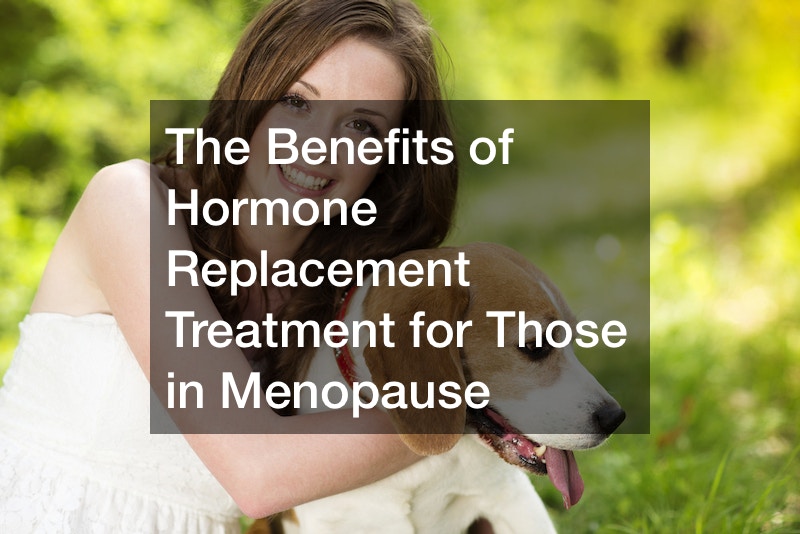Disclaimer: This website provides health information for educational purposes only and is not a substitute for professional medical advice, diagnosis, or treatment. Always seek the guidance of a qualified healthcare provider with any questions you may have.
In recent years, the cosmetic industry has witnessed a surge in the popularity of dermal fillers, becoming a billion-dollar sector globally. From plumping lips to sculpting cheeks, dermal fillers have become synonymous with achieving a youthful and enhanced appearance. The UK alone boasts a £3.6bn cosmetic surgery industry, much of which is fueled by the demand for these injectable gels.
Celebrities, particularly influencers like Kylie Jenner, have played a pivotal role in normalizing the use of dermal fillers. Their influence has spurred a cultural shift, making cosmetic enhancements more socially acceptable. However, this trend comes with its share of concerns.
Critics argue that the widespread adoption of the filler aesthetic may inadvertently appropriate certain body features, potentially perpetuating beauty standards. The video highlights the contrast in societal perceptions, where artificially enhanced features on one group are praised while the same features naturally occurring in another group may face prejudice.
Moreover, the risks associated with dermal fillers, such as tissue necrosis and severe complications, underscore the importance of responsible administration. Despite the potential dangers, there is currently no legal age limit for individuals seeking filler procedures.
As the popularity of dermal fillers continues to rise, there is a growing call for government intervention to regulate the industry. Such oversight aims to ensure the safety of individuals seeking these treatments while addressing the ethical considerations surrounding cultural perceptions of beauty. As we navigate this evolving landscape of aesthetic enhancements, thoughtful consideration and informed choices are crucial.
.






